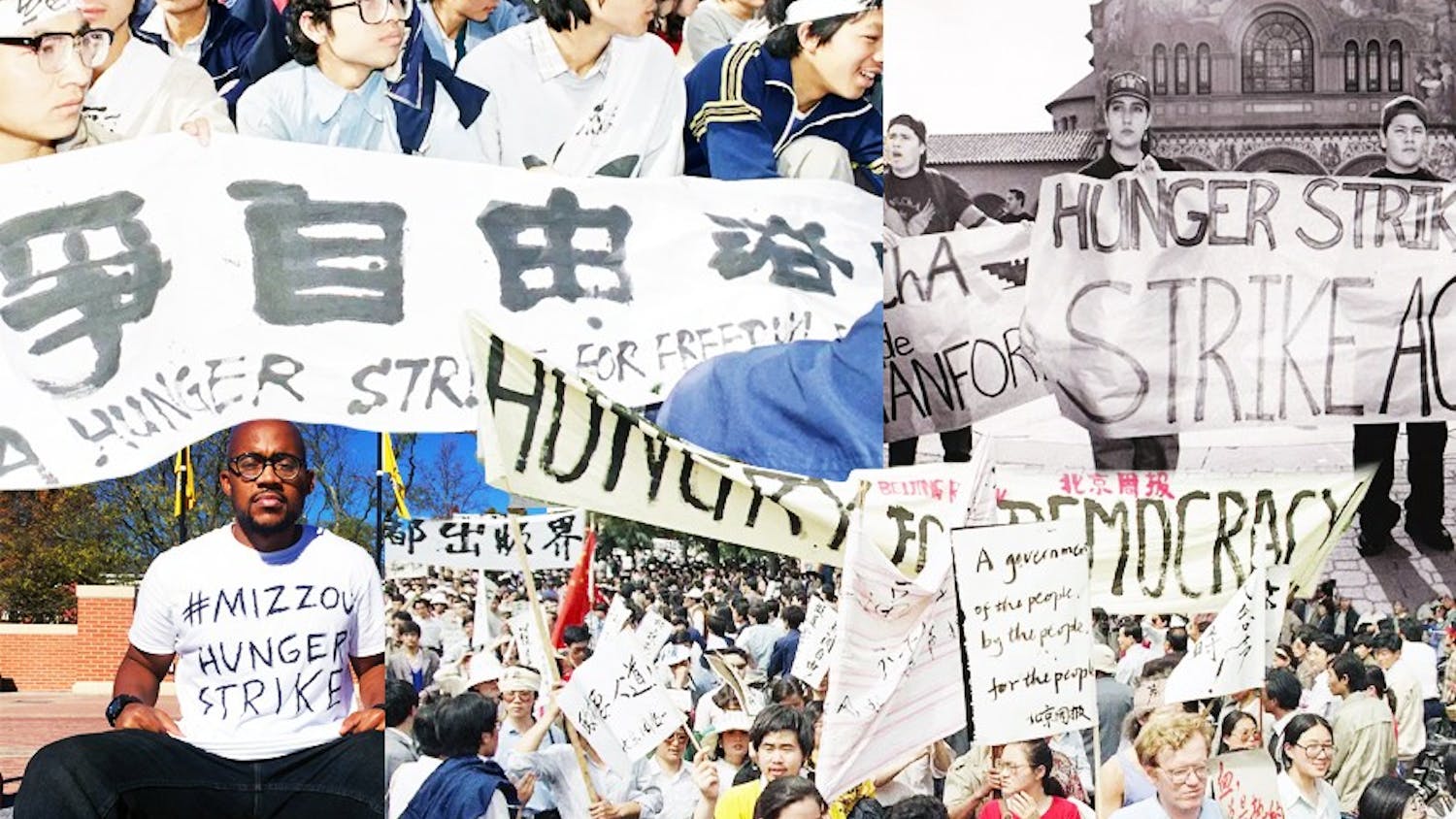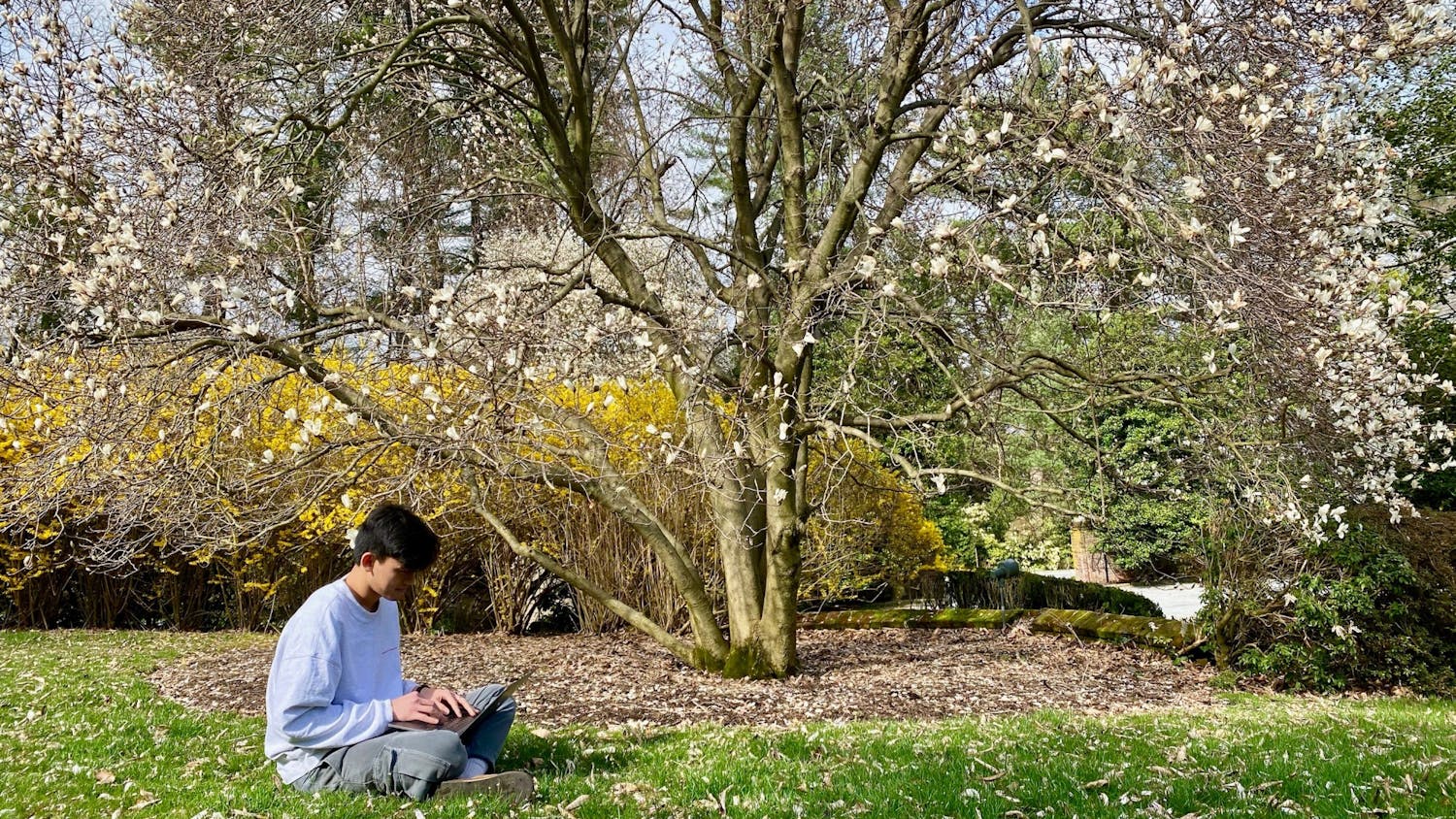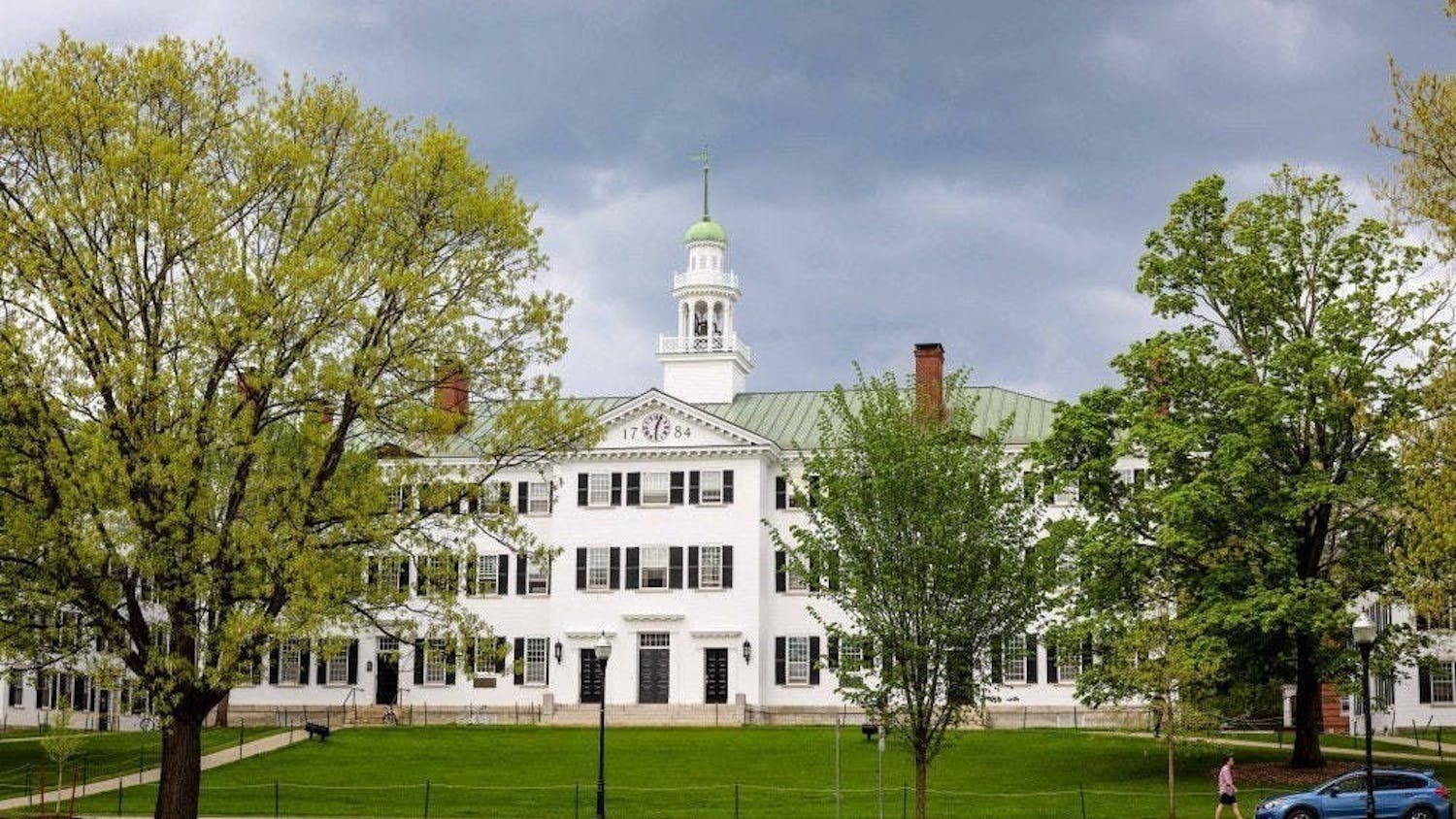On Sept. 27, the Caucasus erupted into violence as the Azerbaijani Armed Forces launched a brutal offensive on the Nagorno-Karabakh region — known as Artsakh to the Armenians — a de facto independent state inhabited mostly by ethnic Armenians but recognized internationally as part of Azerbaijan. Since 1994, this inevitable conflict had been held off by a delicate ceasefire organized by the Minsk Group of the Organization for Security and Co-operation in Europe — co-chaired by Russia, the United States and France. Today, however, even this basic ceasefire seems untenable due to the rise of a new obstacle to peace: Turkey. While Turkish involvement elicits painful memories of the 1915 Armenian genocide for many Armenians, many non-Armenians seem to be unaware or, worse, generally apathetic towards it. The Dartmouth community must do its part in raising awareness of these events, since the world’s collective silence may lead to another Armenian genocide.
Turkey unapologetically supports its Azerbaijani ethnic kin. Their president, Recep Tayyip Erdoğan, has promised that “the Turkish people stand with their Azeri brothers with all our means, as always.” Such rhetoric has given Azerbaijan the confidence it needs to launch its attacks. Keeping to his word, Erdoğan has fueled this war by deploying hundreds of Syrian fighters, at least a dozen drones and a handful of F-16 fighter jets into the battlefield. During a press conference in July, Erdoğan proclaimed, “We will continue to fulfill the mission our grandfathers have carried out for centuries in the Caucasus.”
Erdoğan’s “mission” is the continuation of the Armenian genocide. The current situation in Armenia and Artsakh reminds Armenians of the horrors of 1915, the year that the Ottoman Empire began its systematic extermination of nearly 1.5 million Armenians living under its rule. As the descendant of genocide survivors, I am all too familiar with these events. Under the Turkish military’s systematic campaign of death, all eight of my great grandparents were orphaned and left to die in the deserts of Syria. Turkey, the successor state to the Ottoman Empire, continues to deny the genocide, and to this day, it remains a crime — “insulting Turkishness” — to even raise the question.
Turkey’s suppression of the truth extends far beyond its own political borders. Denial of genocide has been a defining characteristic of Turkish foreign policy for decades now. The United States and Turkey are NATO allies, with Turkey hosting two American military bases. This, coupled with Azerbaijan’s multi-billion-dollar, oil-fueled lobby, has been a successful means of strong-arming several media outlets to remain largely silent about the Armenian genocide and largely silent about the current Turkish and Azerbaijani aggression towards the Armenian people.
The events of 1915 have led to the formation of an Armenian diaspora of about eight million ethnic Armenians who have been displaced to different corners of the world, staying connected through their Armenian heritage and a painful, albeit unifying, history. Today, the descendants of genocide survivors are witnessing the events of 1915 unfold before their eyes as Azerbaijan, with the support of Turkey, begins its attack on peaceful Armenian civilians. The Armenian diaspora knows what is at stake, and it refuses to allow history to repeat one of its darkest chapters.
For the past few weeks, the Armenian diaspora has organized a multitude of protests across the globe: From Melbourne to Miami, Los Angeles to Lyon, Paris to Prague, Boston to Beirut. I call upon the Dartmouth community to join our cause. Whether it be writing to your local congressman or advocating on social media, it is imperative that you contribute to preventing another genocide against the Armenian people. As Armenians fight a war waged against our existence, I ask for your solidarity, so together we may pursue the path towards peace in the Caucasus and the world.



